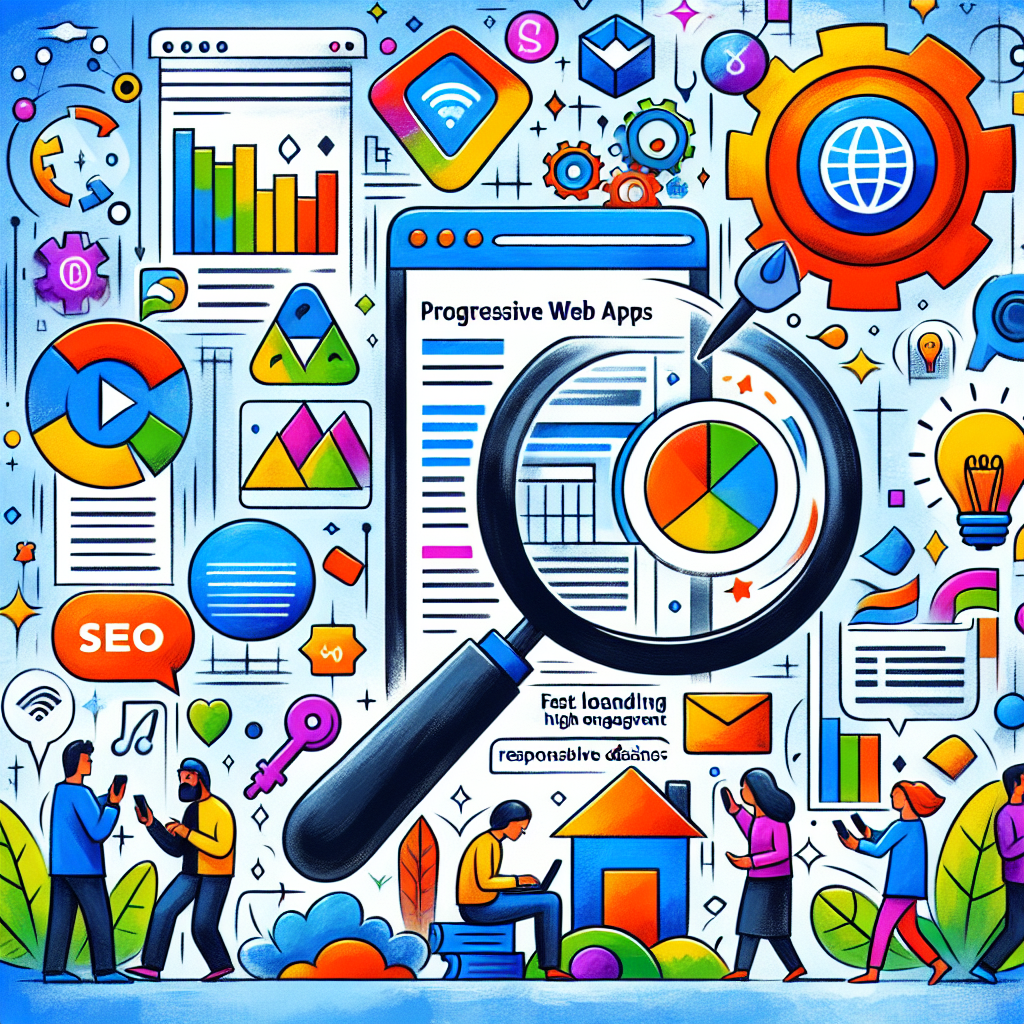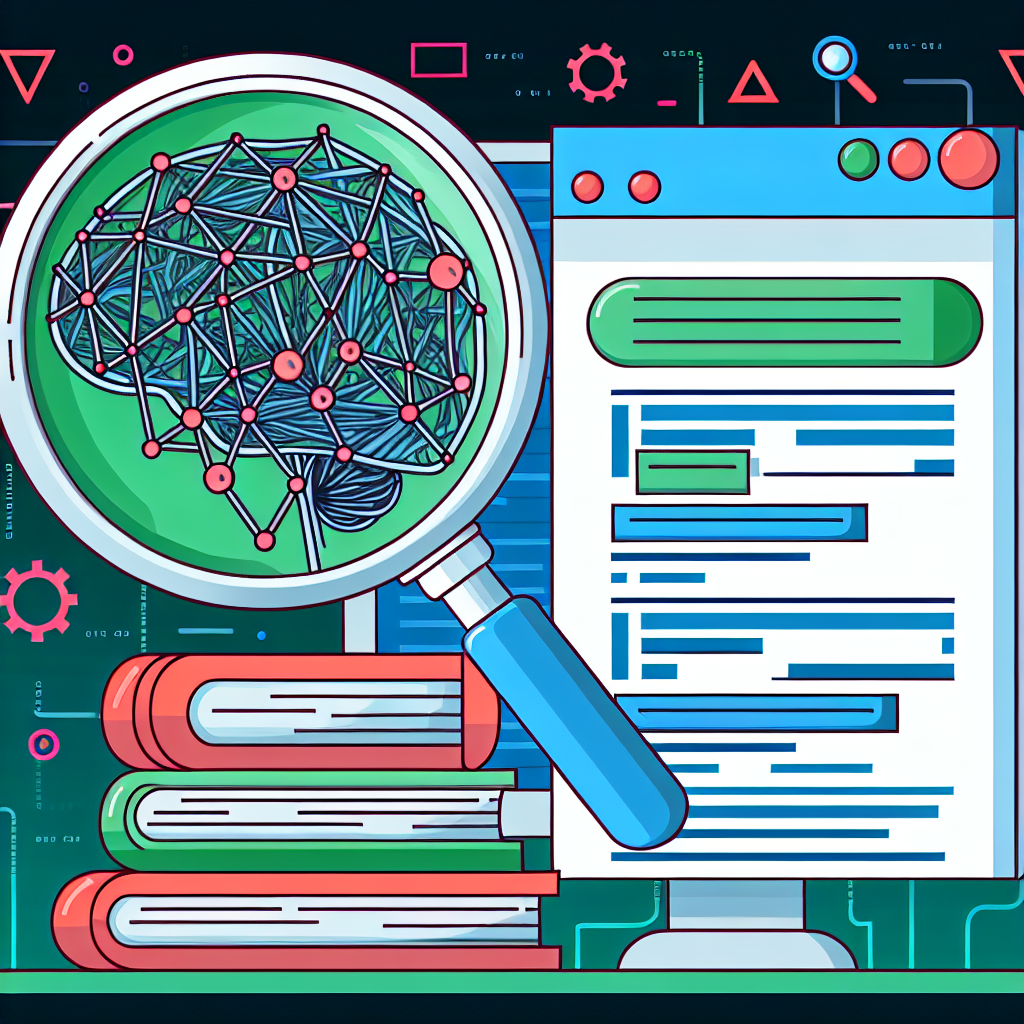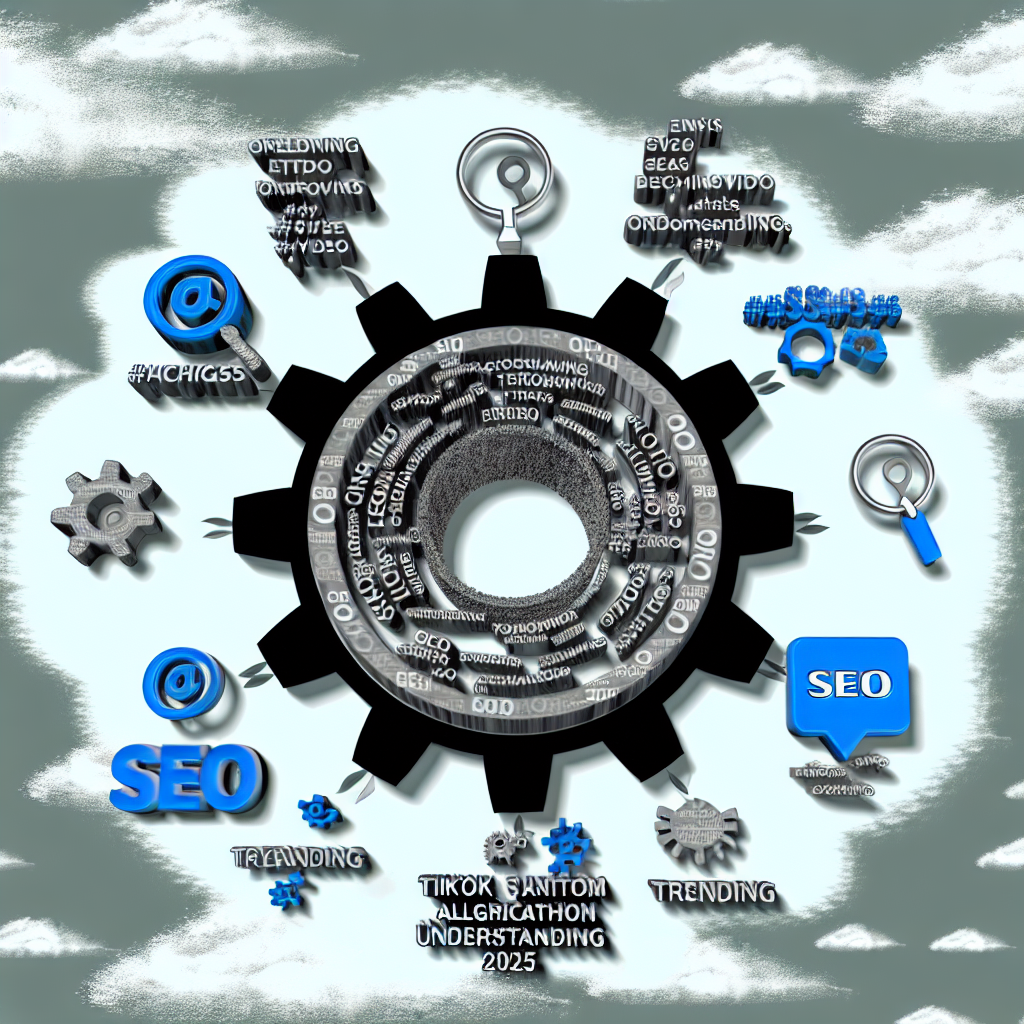The Future of SEO: How AI and Machine Learning Are Transforming Digital Marketing
Introduction
The digital marketing landscape is evolving faster than ever, and at the forefront of this transformation are artificial intelligence (AI) and machine learning (ML). These technologies are not just trends but fundamental shifts that are redefining how businesses approach search engine optimization (SEO). C-suite executives and marketing professionals must understand how AI and ML are reshaping SEO strategies to maintain a competitive edge in an increasingly data-driven and automated world.
AI-powered search engines like Google’s RankBrain and Natural Language Processing (NLP) models such as BERT have revolutionized search algorithms, making them smarter at understanding search intent and delivering highly relevant results. This means traditional keyword stuffing and outdated link-building tactics are no longer effective. Instead, businesses must focus on producing high-quality, intent-driven content that resonates with both users and search engines.
Personalization is another game-changing aspect of AI in SEO. Businesses leveraging AI-driven insights can create hyper-personalized content based on user behavior, improving engagement and conversions. Additionally, automation tools powered by AI can streamline SEO tasks such as content optimization, keyword research, and technical audits, reducing manual labor and enhancing efficiency.
Voice search and visual recognition influence how marketers approach SEO. With AI-driven voice assistants like Alexa, Siri, and Google Assistant becoming more sophisticated, optimizing for conversational queries and featured snippets is crucial. Similarly, visual search technologies like Google Lens are making it easier for users to search by images instead of text, creating new opportunities for businesses to rank in search results without relying solely on traditional keywords.
As AI continues to evolve, it will become even more integrated into SEO strategies, altering how businesses approach content creation, site optimization, and user experience (UX). Marketing and SEO executives must stay informed on the latest AI and ML developments to ensure their strategies remain effective and future-proofed. By embracing these technologies, organizations can gain a competitive edge, enhance search visibility, and ultimately drive business growth in an increasingly AI-driven digital economy.
AI and Machine Learning: Game Changers in SEO
Scientific and industry research confirms that AI and ML are significantly impacting SEO, reshaping how search engines understand and rank content.
Revolutionizing Search: AI-Powered Algorithms
Google’s RankBrain, launched in 2015, was one of the first AI-powered algorithms designed to interpret search intent and improve query results. According to a study by Moz, RankBrain can analyze complex queries and adjust search rankings dynamically based on user experience signals such as click-through rate (CTR) and dwell time.
Similarly, Google’s BERT (Bidirectional Encoder Representations from Transformers) enhances the search engine’s ability to process natural language. A study published by Nature Machine Intelligence found that BERT significantly improves the accuracy of search results by understanding context rather than just individual keywords. This shift means that outdated keyword strategies must be replaced with natural, conversational language that aligns with user intent.
AI-Generated Content: The New Frontier in SEO
AI-driven content generation tools such as OpenAI’s GPT technology enable businesses to create scalable, high-quality content efficiently. A study conducted by MIT Sloan Management Review found that AI-generated content can be just as engaging as human-written content when edited correctly, allowing marketers to streamline content production while maintaining quality.
However, while AI can assist in content creation, it still requires human oversight to ensure uniqueness, relevance, and emotional appeal. AI-generated content must align with brand tone and user expectations to maximize engagement and SEO performance.
Predictive Analytics: Forecasting Search Trends
Predictive analytics, powered by AI and ML, allows organizations to anticipate search trends and user behavior. A study by McKinsey & Company highlighted that businesses using AI-powered predictive SEO strategies saw a 20% increase in organic search traffic due to better keyword targeting and content optimization.
Predictive analytics helps businesses determine which topics their audiences are likely to search for, enabling proactive content creation and optimization. This data-driven approach improves rankings, reduces the reliance on paid advertising, and enhances long-term search visibility.
AI-Driven Technical SEO: Automating Performance Optimization
AI automation tools are transforming technical SEO, making it easier for organizations to maintain optimized websites. AI-powered tools such as Clearscope and MarketMuse analyze existing content and provide recommendations for improving rankings. Meanwhile, deep learning technologies assist in identifying and fixing technical SEO issues such as indexing errors, broken links, and slow-loading pages.
An industry report from Search Engine Journal found that AI-powered site audits detect SEO errors 30% faster than human-led audits, allowing businesses to implement fixes more promptly.
Conclusion: The Future of SEO is AI-Driven
AI and machine learning are revolutionizing SEO, making search engines smarter and more responsive to user intent. C-suite marketing leaders and SEO professionals must recognize the importance of these technologies and adapt their strategies to stay ahead. As AI-powered tools enhance content creation, technical SEO, and predictive analytics, businesses must embrace data-driven approaches to improve search performance and digital visibility.
SEO’s future lies in leveraging AI and automation to drive efficiencies, personalize content, and enhance search relevance, ensuring brands remain at the forefront of the digital marketing evolution. Staying informed and proactive in AI-driven SEO strategies will be critical for long-term digital success.
Summary:
AI and machine learning are transforming the SEO landscape, revolutionizing search algorithms, content creation, predictive analytics, and technical optimization. Businesses must embrace these technologies to stay competitive, enhance search visibility, and drive long-term growth in the AI-driven digital economy.
References:
1. Moz – Google’s RankBrain: Interpretation of Queries
2. Nature Machine Intelligence – Understanding BERT’s Impact on Search Accuracy
3. MIT Sloan Management Review – The AI-Driven Content Economy
4. McKinsey & Company – AI and Advanced Analytics in SEO
5. Search Engine Journal – AI SEO Predictions & Trends

Dominic E. is a passionate filmmaker navigating the exciting intersection of art and science. By day, he delves into the complexities of the human body as a full-time medical writer, meticulously translating intricate medical concepts into accessible and engaging narratives. By night, he explores the boundless realm of cinematic storytelling, crafting narratives that evoke emotion and challenge perspectives.
Film Student and Full-time Medical Writer for ContentVendor.com




